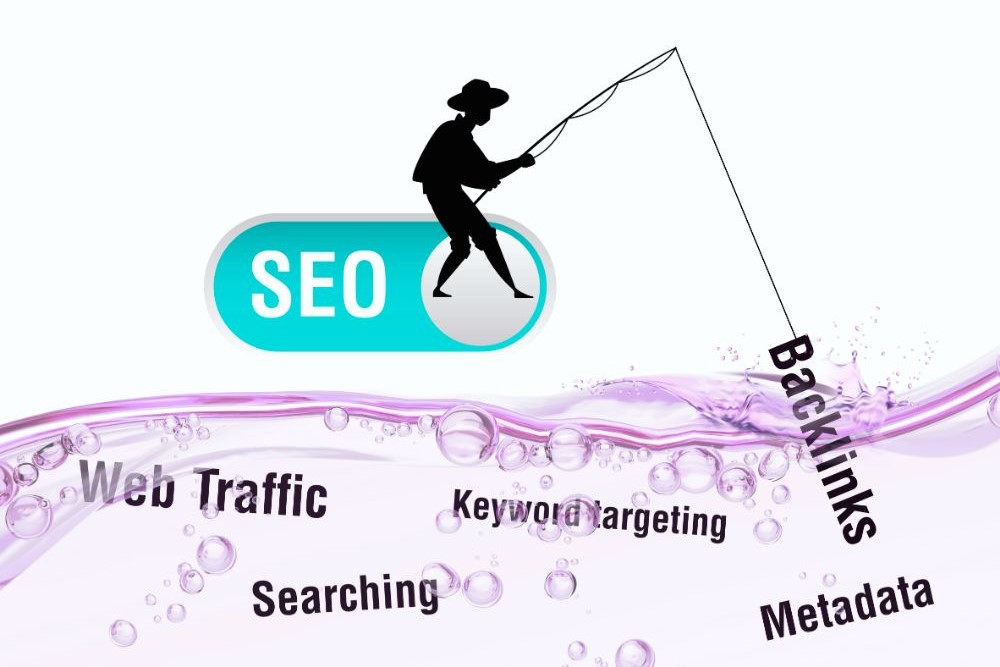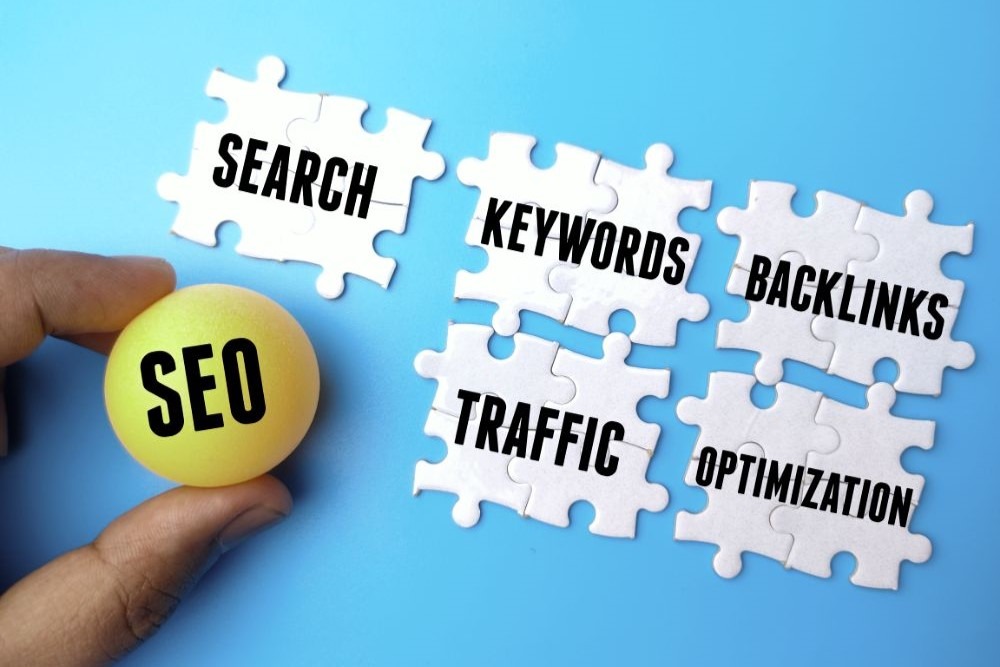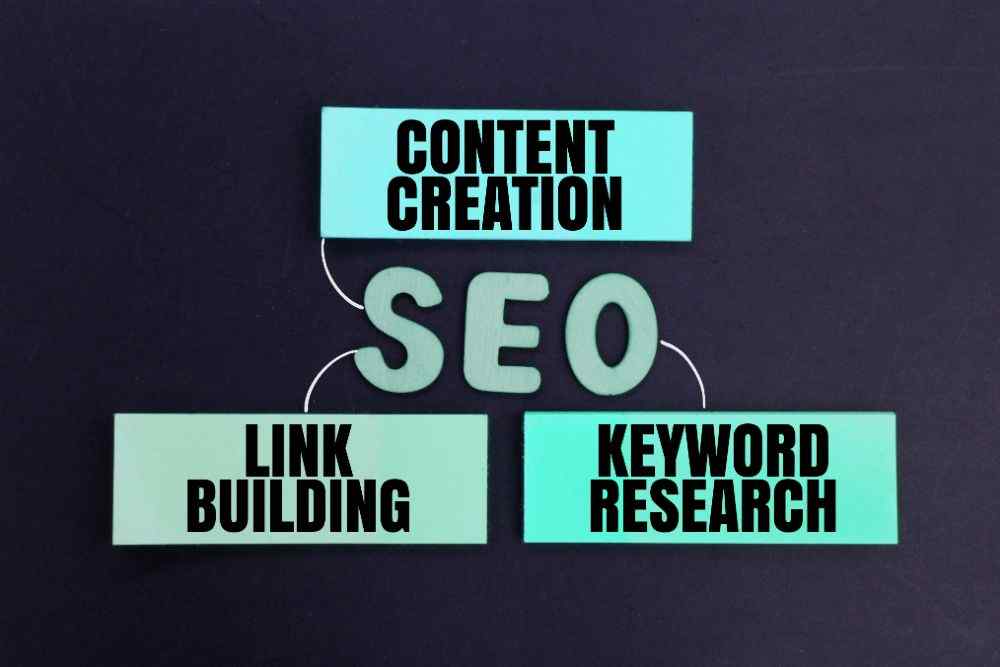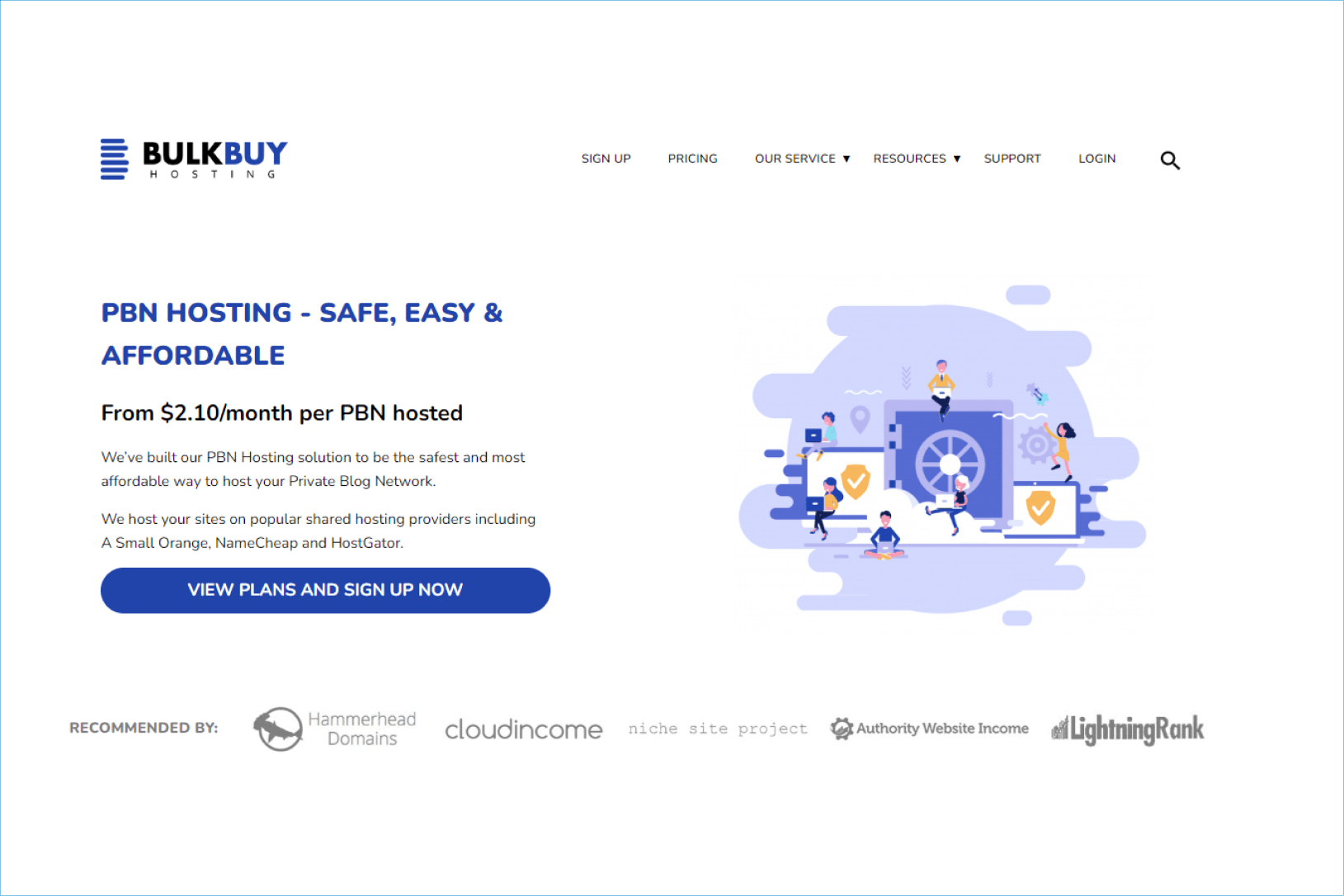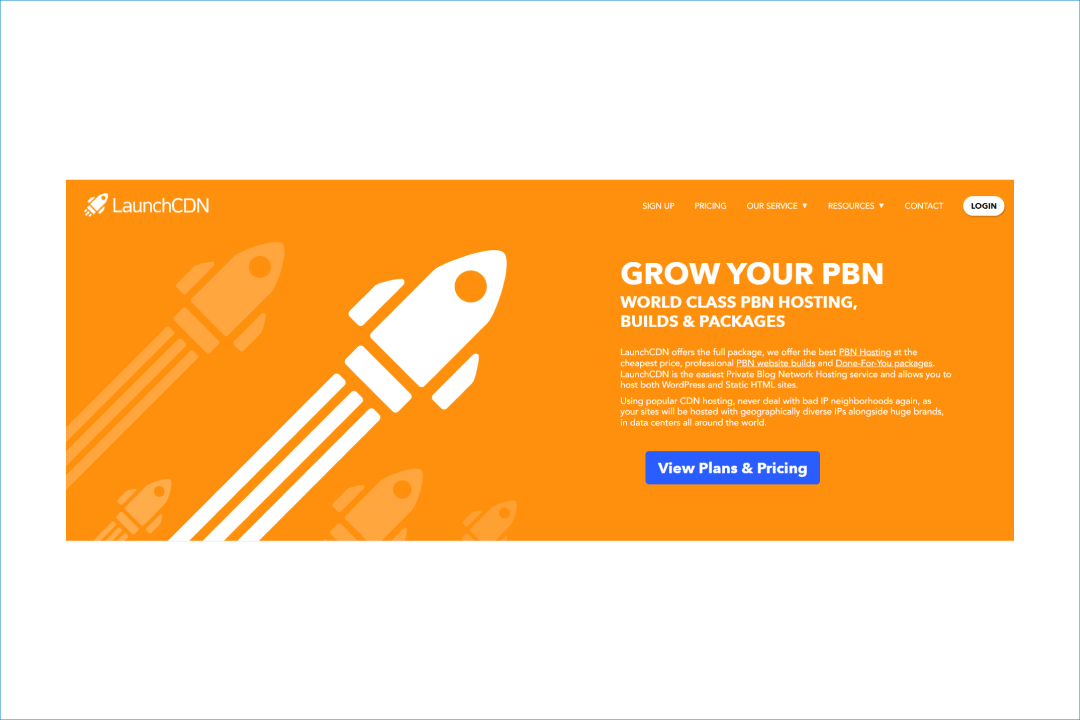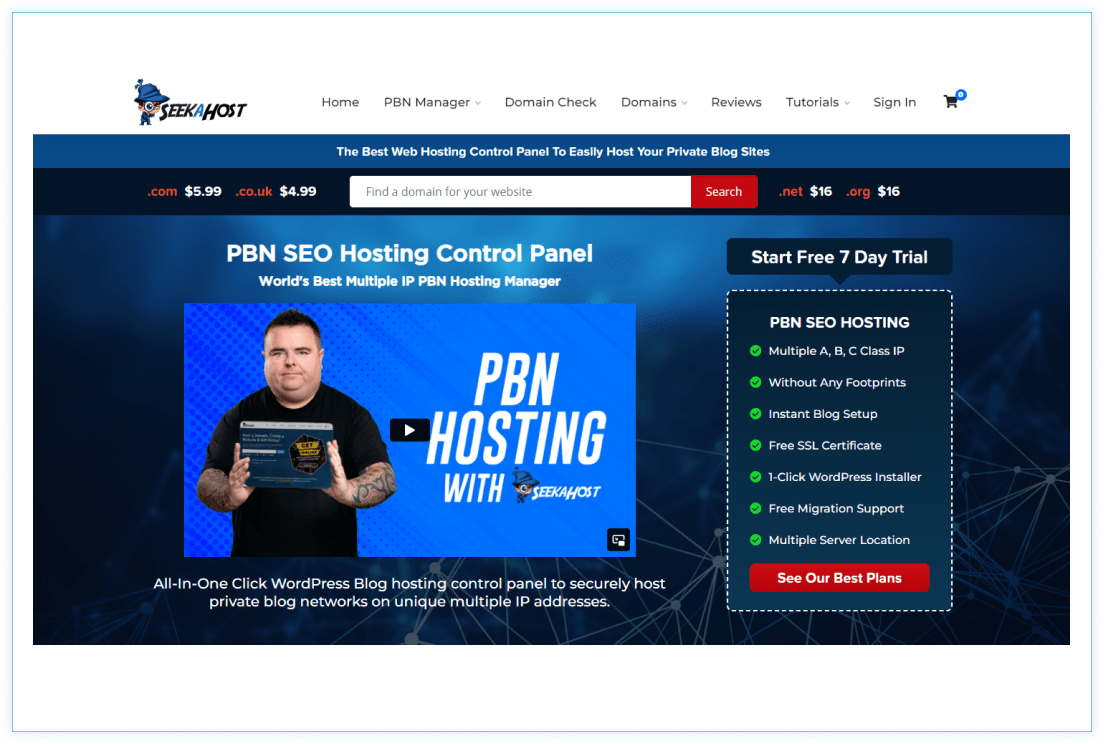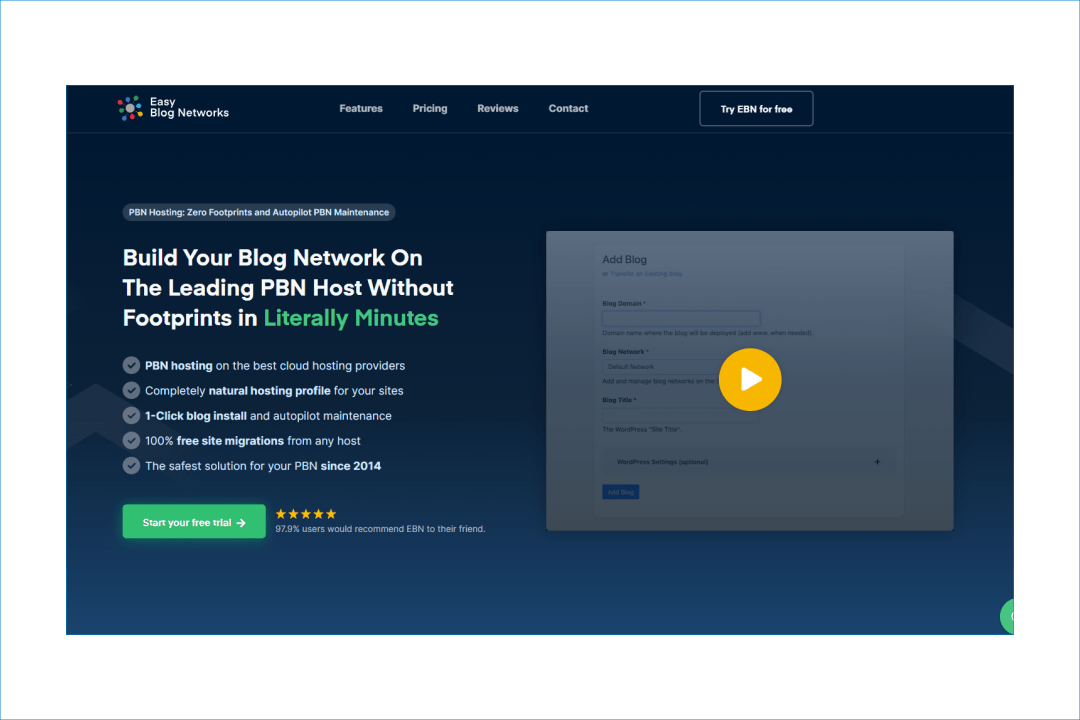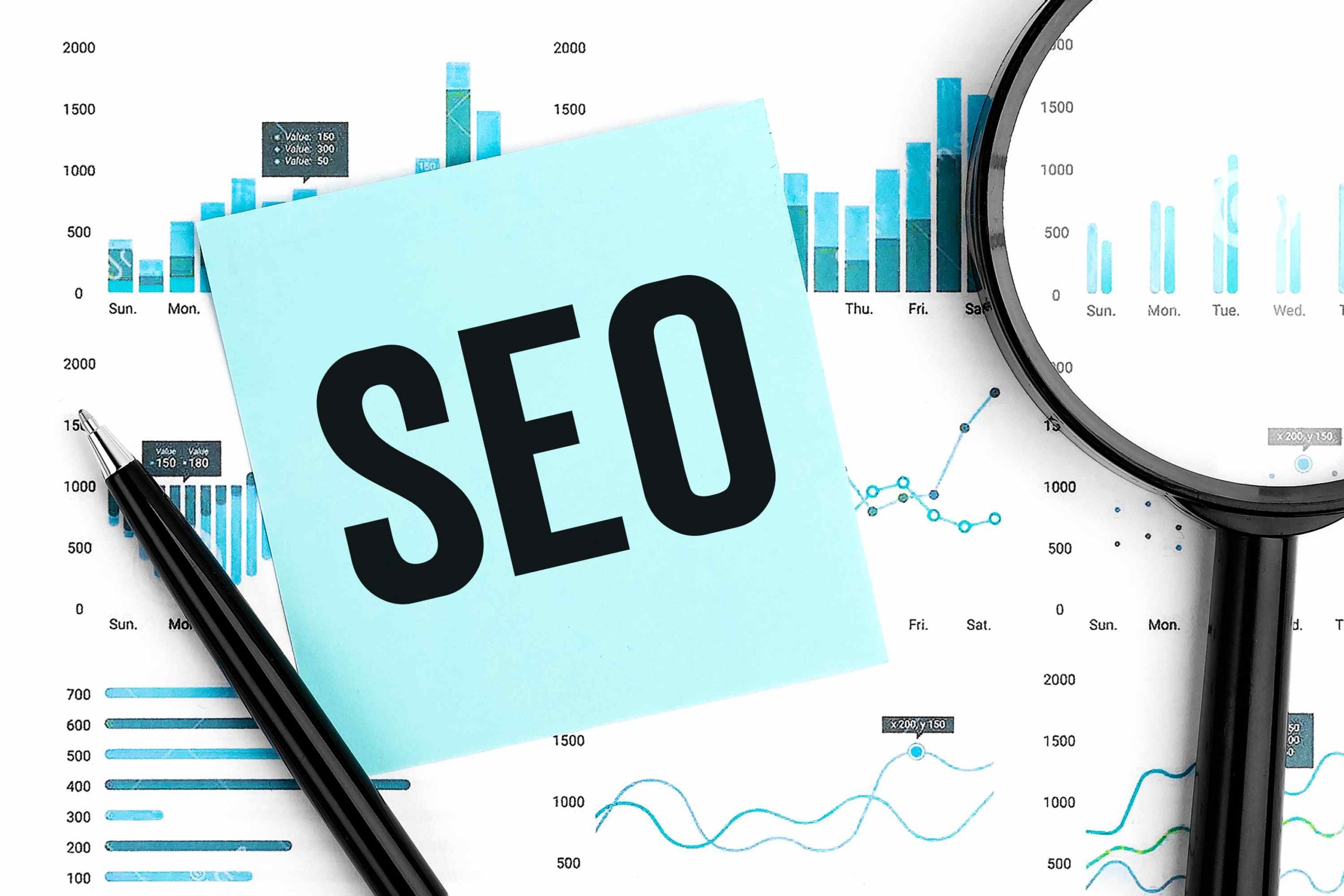
In the ever-evolving digital marketing landscape, staying ahead of the competition means mastering the art of SEO. Understanding the top SEO ranking factors is key if you’ve ever wondered how to catapult your website to the top of Google’s search results.
These critical elements influence how search engines evaluate and rank your site, impacting your visibility and organic traffic. Whether you’re a seasoned marketer or just starting out, knowing these factors can help you fine-tune your SEO strategy and achieve better results. Dive into this guide to uncover the essential SEO ranking factors you need to know to boost your site’s performance and stay ahead in the search rankings.
Key Takeaways
- SEO ranking refers to the position a webpage holds on a search engine results page (SERP) for a specific search query or keyword.
- Google’s search rankings aim to present the most relevant and high-quality results to users based on their search queries, while continuously adapting to changes in user behavior and web technologies.
- Search rankings are important because they drive visibility, build trust, increase traffic, and provide a cost-effective way to reach targeted audiences, ultimately leading to more conversions and business growth.
- To improve SEO rankings, it is essential to optimize content quality, ensure technical SEO best practices, and maintain a user-friendly website.
What Is SEO Ranking?
SEO ranking refers to the position that a website or web page holds in search engine results pages (SERPs) for a specific query or keyword. Search engines like Google use complex algorithms to rank pages based on various factors to determine their relevance and usefulness to the user.
The higher a website ranks, the more likely it is to receive traffic, as users typically click on results that appear near the top. SEO (Search Engine Optimization) is the process of optimizing a website’s content, structure, and other elements to improve its ranking in organic (non-paid) search results.
In short, SEO ranking is a measure of how well your site or page performs in search engines for the terms that matter to your audience.
Why Are Search Rankings Important?
Search rankings are crucial for several reasons, particularly in the context of digital marketing, business visibility, and user experience. Here are the key reasons why search rankings matter:
Increased Visibility and Traffic
Websites that rank higher on search engine results pages (SERPs) receive more visibility, as users typically click on the top results. Being on the first page, especially in the top three positions, greatly increases the likelihood of attracting organic (unpaid) traffic.
Trust and Credibility
Users tend to trust search engines like Google to provide the most relevant and trustworthy results. High-ranking websites are often perceived as more credible and authoritative. Being at the top positions boosts a website’s reputation and user confidence.
Higher Click-Through Rates (CTR)
Search ranking impacts CTR, with top results receiving the majority of clicks. Pages in the first position get the most clicks, and the number decreases significantly as you move down the SERP. Improving your ranking can significantly enhance your website’s organic CTR. To learn more about click-through rates, read this: https://quirk.biz/what-is-click-through-rate-ctr-and-why-it-matters/
Competitive Advantage
Outranking competitors in search results allows businesses to capture more leads and customers. If you rank higher than your competition for relevant keywords, you’re more likely to attract their target audience, leading to more sales and growth.
Cost-Effective Marketing
High search rankings provide consistent, ongoing traffic without the need for paid ads. While SEO requires effort and investment, once you achieve strong rankings, the traffic is largely free, making it a cost-effective digital marketing strategy.
User Experience and Relevance
Search engines prioritize websites that offer good user experiences, such as fast load times, mobile-friendly designs, and relevant content. By optimizing for search rankings, you are also improving your site’s usability and overall experience, leading to better engagement and lower bounce rates.
Targeted Traffic
High search rankings for specific keywords drive highly targeted traffic. Users searching for particular products, services, or information are more likely to convert into customers or leads if they land on a relevant, well-optimized page.
Brand Awareness
Ranking well for multiple relevant keywords can increase brand exposure. Even if users don’t click on your link immediately, repeated exposure to your brand in the search results builds recognition and familiarity over time. I recommend our article What is Brand Awareness: The Ultimate Guide.
Long-Term Benefits
SEO efforts and high rankings often provide long-term benefits compared to paid advertising. While SEO requires ongoing work, the results tend to be more sustainable and provide value over time as opposed to temporary boosts from ads.
Local Search Impact
For businesses with a physical presence, high local search rankings (through local SEO) lead to more foot traffic and increased visibility in the community. Ranking well in local search, especially in “near me” searches, directly influences local sales and customer acquisition.
How Do Google Search Rankings Work?
Google search rankings work through a complex algorithm that evaluates webpages based on various factors to determine their order in search results. Here’s how the process generally works:
- Crawling and Indexing: Google’s web crawlers, also known as spiders or bots, scan the internet to discover and index webpages. This involves reading the content, following links, and understanding the structure of each page.
- Algorithm Evaluation: Once pages are indexed, Google’s algorithm assesses them based on over 200 ranking factors. These factors include the quality and relevance of the content, the number and quality of backlinks, page speed, mobile-friendliness, and user experience metrics such as bounce rate and time on site.
- Natural Language Processing (NLP): Google uses NLP to understand the context and intent behind search queries, allowing it to process concepts rather than just keywords. This helps in delivering more relevant search results.
- Ranking Factors: Key factors influencing rankings include content quality, keyword optimization, the authority of backlinks, and technical SEO aspects like site speed and mobile optimization. Google also considers user engagement metrics, such as click-through rates and time spent on a page, to gauge the usefulness of the content.
- Continuous Updates: Google’s algorithm is continuously updated to improve the accuracy and relevance of search results. These updates can be minor or significant and often involve changes to how different ranking factors are weighted.
Top SEO Ranking Factors for Google
To enhance your site’s visibility and drive more organic traffic, it’s essential to focus on key SEO ranking factors that influence how your pages are evaluated and ranked. Here are some of the most important factors to consider:
Content Quality and Relevance
High-quality content remains one of the most critical factors for SEO success. Google’s primary aim is to deliver the most relevant and useful information to users.
To achieve this, it evaluates the depth and comprehensiveness of your content. Pages that provide original, well-researched, and unique insights are more likely to rank higher. Beyond this, Google prioritizes content that addresses the user’s search intent, whether that’s answering a question, offering product information, or delivering news.
Additionally, regularly updating your content to keep it fresh and relevant can also boost your rankings, especially for time-sensitive topics.
To improve content quality:
- Ensure your articles cover topics in-depth.
- Avoid keyword stuffing and focus on natural keyword integration.
- Update outdated content regularly.
Keyword Optimization
Keywords are the foundation of SEO. Google uses them to understand the topic and context of a webpage, so effective keyword optimization is essential.
Keywords should be strategically placed in key areas like the title tag, headings, meta description, and throughout the body of the text, but they must flow naturally within the content. Overusing or “stuffing” keywords can lead to penalties, so balance is key.
Incorporating long-tail keywords (phrases that are more specific and longer) can help target more niche search queries and improve your chances of ranking higher. To optimize your keyword usage:
- Use primary and secondary keywords naturally.
- Optimize title tags and meta descriptions with focus keywords.
- Use keyword variations to avoid over-repetition.
Backlinks (External Linking)
Backlinks, or inbound links from other websites, are a key indicator of a page’s authority and trustworthiness. Google sees backlinks as votes of confidence – if reputable sites link to your content, it suggests your content is valuable and credible.
However, not all backlinks are created equal. Links from authoritative, high-quality websites carry more weight than those from low-quality or unrelated sites.
Building a natural, diverse backlink profile is essential for SEO success. However, using manipulative tactics like buying links or spamming comments can result in penalties. Effective link-building strategies include:
- Guest posting on reputable websites.
- Creating shareable, high-quality content that others naturally want to link to.
- Reaching out to influencers or bloggers in your industry for backlinks.
Mobile-Friendliness
With the majority of internet traffic now coming from mobile devices, Google places significant emphasis on a website’s mobile-friendliness. In fact, Google switched to mobile-first indexing, meaning it primarily evaluates the mobile version of a site when determining rankings. Websites that are not optimized for mobile can suffer in rankings, especially since Google prioritizes user experience (UX) for all devices.
To improve your site’s mobile-friendliness, consider:
- Using a responsive design that adapts to different screen sizes.
- Ensuring buttons and links are easy to tap on smaller screens.
- Optimizing images and content for faster mobile load times.
Page Speed
Page speed is another vital factor for Google rankings. Slow-loading websites create a poor user experience, leading to higher bounce rates, which in turn can negatively impact your SEO.
Google’s Core Web Vitals focus specifically on page speed, interactivity, and visual stability, making it crucial to optimize these elements.
Improving your website’s load times involves several techniques:
- Compress images to reduce file size without sacrificing quality.
- Minify CSS, JavaScript, and HTML files to remove unnecessary data.
- Utilize browser caching and a content delivery network (CDN) to improve performance.
User Experience (UX) Signals
Google evaluates user engagement metrics such as click-through rate (CTR), bounce rate, and dwell time to gauge the quality of the user experience on your site. A high CTR indicates that users find your title and description compelling in search results, while low bounce rates and long dwell times suggest that users find value in your content once they arrive on your site.
Improving user experience can be achieved through:
- Clear navigation and well-organized site structure.
- Engaging, easy-to-read content with proper headings and visuals.
- Reducing intrusive pop-ups and other distractions that disrupt the user journey.
On-Page SEO Optimization
On-page SEO involves optimizing individual pages on your website to improve their rankings. This includes optimizing the title tag, meta description, header tags (H1, H2), images (alt text), and URL structure. The title tag should be descriptive, include the main keyword, and be within the recommended length (50-60 characters).
Meta descriptions should also be informative, include the target keyword, and encourage users to click. Header tags help organize content, making it easier for search engines and users to understand the structure of a page.
To improve on-page SEO:
- Optimize each page’s title tag and meta description for the target keyword.
- Use descriptive alt text for images to help Google index them.
- Maintain a clean and logical URL structure.
Internal Linking
Internal links connect one page on your website to another, helping both users and search engines navigate through your content. Google uses internal links to understand the relationship between different pages and the overall structure of your website. Effective internal linking distributes link equity across pages, helping lesser-known pages rank higher.
To create a strong internal linking strategy:
- Link from high-authority pages to newer or less-visited pages.
- Use descriptive anchor text that includes relevant keywords.
- Ensure your site has a clear hierarchy of pages and categories.
Secure Website (HTTPS)
Google favors websites that are secure, meaning they use HTTPS encryption to protect user data. In 2014, Google made HTTPS a ranking signal, and sites that don’t have an SSL certificate (which enables HTTPS) are often penalized in search rankings.
Websites that are secure build trust with users, leading to lower bounce rates and better user engagement.
To make your website secure:
- Install an SSL certificate on your website.
- Ensure all your pages load via HTTPS instead of HTTP.
- Regularly update your SSL certificate to avoid expiration.
Local SEO Optimization
For businesses that rely on local customers, local SEO is crucial. Google considers factors like the proximity of the business to the searcher, the relevance of the content, and reviews when ranking local search results. Ensuring your business is listed on Google My Business with accurate and up-to-date information can significantly boost local rankings.
To optimize for local SEO:
- Verify and optimize your Google My Business profile.
- Encourage positive customer reviews and respond to them.
- Ensure your name, address, and phone number (NAP) are consistent across all platforms.
Conclusion
Mastering the top SEO ranking factors is not just about boosting your website’s visibility—it’s about ensuring your content reaches the right audience effectively. By focusing on high-quality content, strategic keyword optimization, robust backlink profiles, and superior user experience, you can significantly enhance your site’s performance in search engine results. As Google continues to refine its algorithms, staying updated on these crucial SEO elements will keep you competitive and relevant. Implement these strategies consistently to see measurable improvements in your search rankings and drive more targeted traffic to your site. Remember, SEO is a marathon, not a sprint, so keep optimizing and watch your digital presence grow.
























